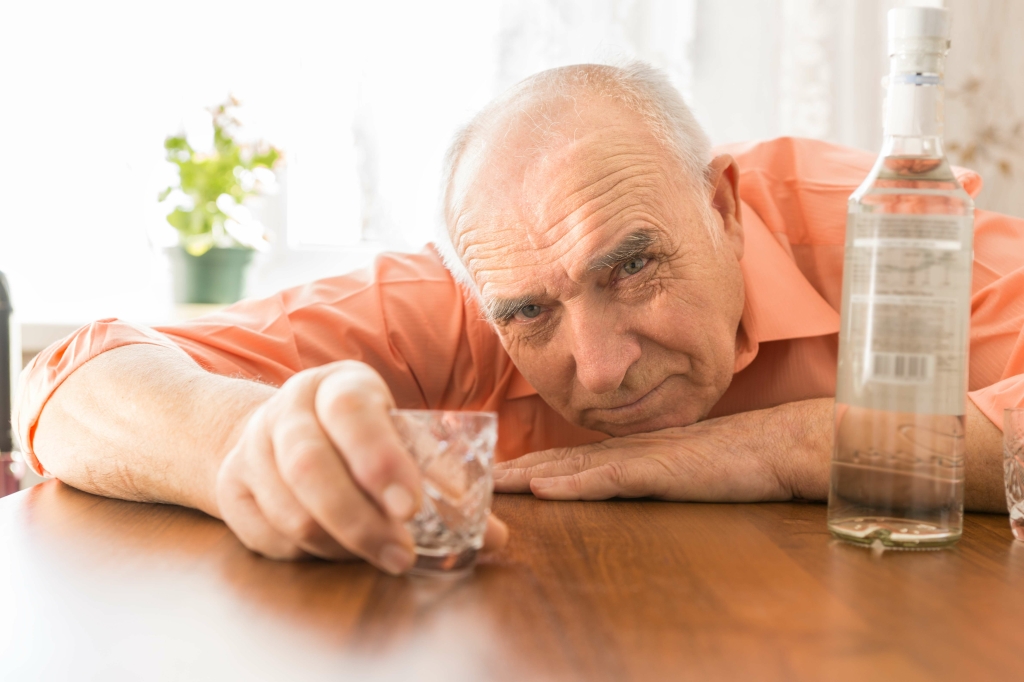Content
Our website is not intended to be a substitute for professional medical advice, diagnosis, or treatment. Consuming alcohol and experiencing restricted sleep reduces alertness during the day. The link between alcohol consumption and sleep impairment is especially prominent among older adults. Researchers discourage older adults — particularly men — from using alcohol as a sleep aid. Many of us find ourselves tossing and turning at night, trying to get that elusive 7 to 8 hours of sleep experts say we need but never finding it.
- Please consider me when you start choosing people for your human research trials.
- In an attempt to fall asleep, some people have a drink before bed.
- Proof is a measure of the alcohol content of a beverage and is shown as a percentage.
The authors further divided the groups into those whose PLMS improved and those whose PLMS worsened . On subgroup analyses, the TST of patients with a decrease in PLMS was significantly improved with treatment. A total of 100 individuals were randomized to receive gabapentin or lorazepam . Gabapentin was administered in three divided doses through the day, as was the lorazepam. Gabapentin has also been investigated for potential use as sleep aid in patients following alcohol cessation. Our search revealed one open-label trial and four randomized control trials of gabapentin as a sleep aid for patients following cessation of alcohol use.
Ways to Enhance Sleep & Address Insomnia
They were assessed on Weeks 2 and 6 following randomization. Sleep was assessed using the Insomnia Severity Index and the Epworth Sleepiness Scale . Avoid the use of television, cell phones, computers, or e-readers in your bedroom.

These effects often lead people to use alcohol as a sleep aid, as the short-term effects can promote relaxation and help you fall asleep quicker. Alcohol is a muscle relaxant and relaxes the muscles in your upper airways, disrupting normal breathing. Drinking can be especially dangerous for people with obstructive sleep apnea, who wake up many times during the night as their airways momentarily collapse.
Soda and Sleep
Alcohol use disorder can have a significant impact on sleep, often causing insomnia due to the way it affects the body’s sleep-wake cycle and production of melatonin. This can have serious consequences for overall health and well-being. In this cross-sectional database study, there was a greater prevalence of insomnia and dissatisfaction with sleep in individuals that engaged in daily smoking and binge drinking. Committing to a structured scheduled by going to bed and waking up at the same time each day can make a profound impact on one’s sleep.
Questionnaires used to measure insomnia are varied and not all of them are standardized. The studies in our systematic review used different measures of insomnia, making comparisons difficult. In addition, the studies have had varying patient populations, in different types of alcoholism treatment and in various stages of recovery. The course of sleep problems in early recovery is poorly understood and comparing studies recruiting patients who are in different stages of recovery is difficult. The studies have not uniformly measured alcohol relapse, with some studies not including any measures to identify alcohol relapse.
Presence of Insomnia Symptoms Associated With Alcohol-Related Harm
It may be helpful to try to fall asleep and wake up at the same time every day. Alcohol can have a sedative or stimulant effect depending on the dose and the time between drinking and bedtime. Some people who drink frequently develop a tolerance to the sedative effects of alcohol. Drinking alcohol can affect the quality and length of your sleep, leading to sleep disorders — such as insomnia and sleep apnea — in some. Though alcohol can have a sedative effect, it has also been linked to sleep disorders like insomnia. If you’re having trouble falling or staying asleep, alcohol consumption could be a contributing factor.
- Insomnia in this patient population is an important target symptom which lends itself to both easy measurement and potential treatment.
- Our content is curated, written and edited by practicing health professionals who have clinical and scientific expertise in their field of reporting.
- Consuming certain substances, such as alcohol, can disrupt sleep schedules.
- Insomnia is a sleep disorder that can affect people of all ages.
- If you’ve been wondering how long alcohol cravings last during recovery, read on as we dig deeper into the topic.
- Those who have been diagnosed with alcohol use disorders frequently report insomnia symptoms.
The National Center for Biotechnology Information advances science and health by providing access to biomedical and genomic information. As the nation’s health protection agency, CDC saves lives and protects people from health threats. Some guides and articles feature links to other alcohol insomnia relevant Sleep Foundation pages. These internal links are intended to improve ease of navigation across the site, and are never used as original sources for scientific data or information. All scientific data and information must be backed up by at least one reputable source.
This article reviews the relationship between alcohol and insomnia, including how alcohol can affect sleep quality alongside the risks of poor sleep quality. It also considers ways to manage insomnia and prevent sleep disruption and answers some frequently asked questions. While Insomnia can lead to a dependency on alcohol, the opposite, like many mental disorders, is also true. In general, the use of alcohol can prevent someone from falling into deep sleep, which is crucial to maintaining normal brain function, physical health, and emotional well-being. The toll this takes could already cause strain to one’s life and relationships.